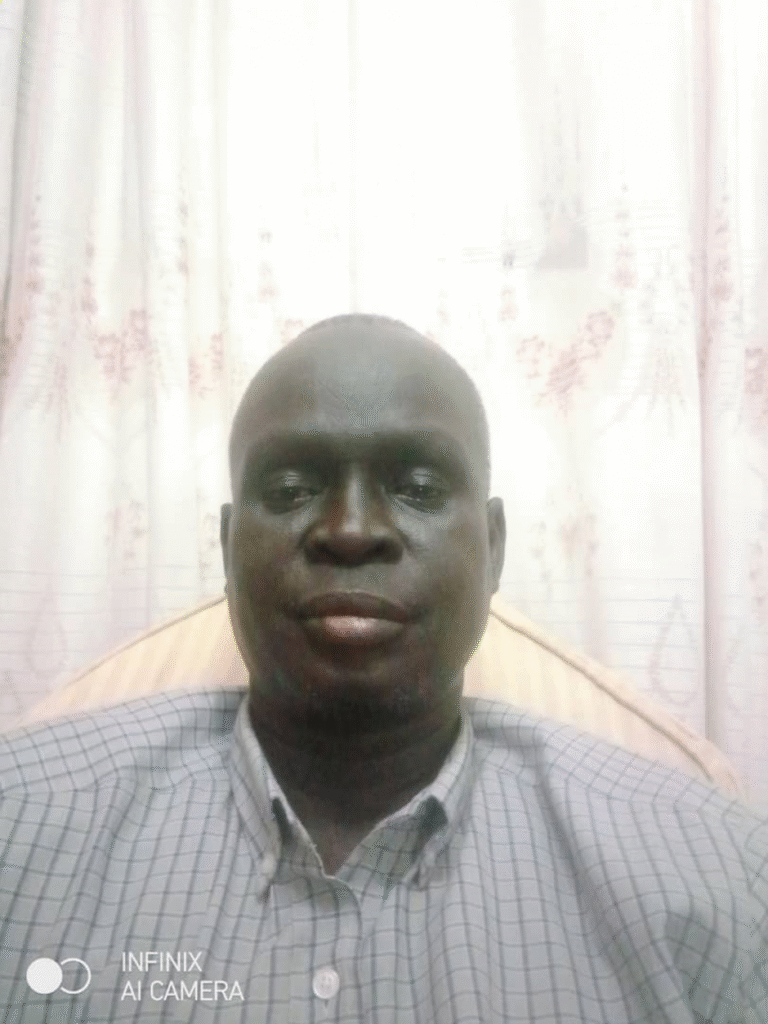South Sudan's English Daily Newspaper
"We Dare where others fear"

By Simon Deng
Growing frustration over delayed and low salaries has led many public school teachers to leave their classrooms. Some have transitioned to private schools, while others have sought alternative employment to support their families.
The education sector in South Sudan is grappling with escalating challenges, including late salaries and diminishing teacher motivation, which have hindered efforts to provide free primary and secondary education in public schools.
Jacob Akech Kuai, a 54-year-old teacher at Sky Secondary School, stated that he left his position at Bor Secondary School due to economic hardships exacerbated by soaring inflation.
Kuai revealed that public school teachers earn about 60,000 South Sudanese pounds, while their counterparts in private schools receive around 150 US dollars, or 400,000 SSP, each month.
“I was teaching in a public school in Jonglei state, but now I am in a private school. Public schools have issues with delayed salaries, and you can go for long periods without pay. Teaching in a private school allows me to provide for my children and my family,” Kuai explained in an interview with the Dawn.
“There are no incentives for teachers to support their livelihoods, which negatively impacts education. Private schools pay better than public schools, leading many teachers to leave public education for private institutions,” he added.
He said that Some teachers have left the education field entirely, taking jobs in the oil sector, while others have become security or police officers, despite holding degrees in education.
“The government must increase the education budget, making it larger than the security sector budget. Without education, there is no nation; education is the foundation of nation-building. Without it, we won’t produce doctors or engineers,” he emphasised.
“The education system is disheartening. It is challenged by a lack of resources for teachers. Although private schools are functioning, they face difficulties as many families cannot afford to enrol their children or pay the required tuition fees,” he said.
According to the 2023 Education School Census report, the quality of education is poor due to a shortage of qualified teachers, with 61 per cent of teachers deemed insufficiently qualified, possessing only a secondary education certificate. The ratio of learners to qualified teachers stands at 77 to 1.

Malith John Dau, a professional teacher with nearly 10 years of experience in four different private schools, including two primary and two secondary schools, believes that teaching is a distinguished profession that fosters the development of critical life skills.
“I quit teaching in 2018 and have not return to the field since. I am now hustling on the streets because teaching is not financially rewarding. I am striving for survival, but if the time comes, I will go back to teaching,” he said.
“Some time ago, I ran a salted fish business between Bor and Congo. We would transport fish to Kasindi in Congo, and it was lucrative. At the market, you could earn ten times what you would make in teaching,” he explained.
Dau began his teaching career at Mark Nikkel Primary School in Maar, Twic East County, Jonglei State, and later at Martyrs Academy in Juba City, Central Equatoria State, before moving to the university.

Santino Majak Deng Chok, a 45-year-old businessman selling books and newspapers in the busy Konyokonyo market, and a 2020 graduate with a diploma in business administration from the University of Juba, stated that public school education is lacking in quality.
“My children are enrolled in private school because there are no public schools nearby. We urge the government to provide public schools, both primary and secondary. Many people are struggling, which is why there are so many street children,” Chok remarked.
“For the country to progress, it relies on the education system. The education system is weak; sometimes students in secondary school struggle with basic spelling. This necessitates inspection from the education ministry and parents,” he added.
Chok expressed that paying rising tuition fees for his children in private school is a constant struggle, noting that his earnings from selling books and newspapers are insufficient to cover educational costs.
He revealed that he pays up to 250,000 South Sudanese pounds per term for each of his three children attending Royal Primary and Secondary School, located in the Hai Referendum suburb of Juba.
Chok shared that one of his children has completed secondary education, while another has been transferred to Nyamlel Secondary School in Aweil, where expenses are lower than in urban schools.
“Paying school fees is not easy; sometimes we cut meals to afford them because education is important. At times, we go hungry to manage tuition costs,” he said.
“I have not celebrated public holidays, including Christmas, for four years to balance expenses. Over the last three years, I have not bought clothes as gifts for my children; our focus is on education, which we prioritise,” he added.
Mary Nyoka, a 25-year-old mother of three, with one child in private primary school, stated that the government must invest in education to improve its quality and accessibility.
“Low-income families enrol their children in public schools, but teachers are not performing their duties due to a lack of motivation. Free education will not succeed without motivating teachers; they need support,” Nyoka asserted.
Kuyok Abol Kuyok, the Minister of General Education and Instruction, stated that his ministry has made recent efforts to pay teachers in order to motivate them and enhance teaching in public schools.
“In the last six years, if you examine how we implement the budget, we have increased funding from 29 per cent two years ago to 35 per cent of the budget, which goes towards teachers’ salaries. Eighty per cent of our education budget is allocated for state transfers,” Kuyok explained.
“We need to invest in education to develop skills and empower children to take charge of this country. Let us invest more in education so we can equip the future generation; otherwise, we will be left behind,” he concluded.



